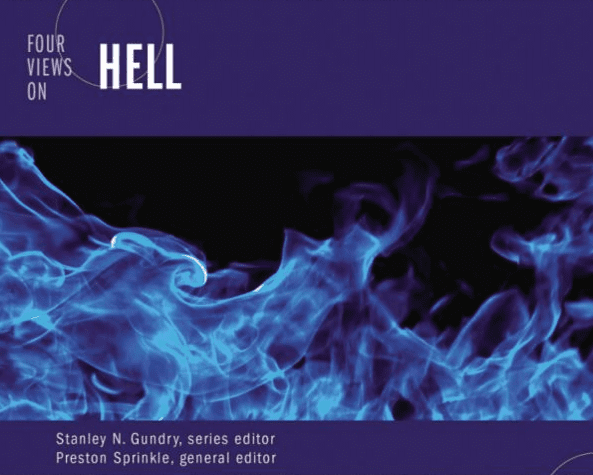Jesus tells a parable in Luke 16:19-31, the parable of the rich man and Lazarus, and I wish to offer some comments on that parable today. Here’s the parable:
Luke 16:19 “There was a rich man who was dressed in purple and fine linen and lived in luxury every day. 20 At his gate was laid a beggar named Lazarus, covered with sores 21 and longing to eat what fell from the rich man’s table. Even the dogs came and licked his sores.
Luke 16:22 “The time came when the beggar died and the angels carried him to Abraham’s side. The rich man also died and was buried. 23 In Hades, where he was in torment, he looked up and saw Abraham far away, with Lazarus by his side. 24 So he called to him, ‘Father Abraham, have pity on me and send Lazarus to dip the tip of his finger in water and cool my tongue, because I am in agony in this fire.’
Luke 16:25 “But Abraham replied, ‘Son, remember that in your lifetime you received your good things, while Lazarus received bad things, but now he is comforted here and you are in agony. 26 And besides all this, between us and you a great chasm has been set in place, so that those who want to go from here to you cannot, nor can anyone cross over from there to us.’
Luke 16:27 “He answered, ‘Then I beg you, father, send Lazarus to my family, 28 for I have five brothers. Let him warn them, so that they will not also come to this place of torment.’
Luke 16:29 “Abraham replied, ‘They have Moses and the Prophets; let them listen to them.’
Luke 16:30 “ ‘No, father Abraham,’ he said, ‘but if someone from the dead goes to them, they will repent.’
Luke 16:31 “He said to him, ‘If they do not listen to Moses and the Prophets, they will not be convinced even if someone rises from the dead.’ ”
By way of commentary I want to bring in Richard Bauckham’s excellent article from 1991 (New Testament Studies 37 [1991] 225-246).
First, the parable has traditionally been used by many to describe the true nature of the afterlife because the parable is from Jesus — what he describes is here is because he knows what goes on there. Bauckham’s article suggests — argues — that this parable shares important folkloric motifs from Egypt, Rome, Greece and the Land of Israel. In other words, while there does not appear to be any direct parallel, or at least any parable from which Jesus borrowed, the motifs were common enough to have been familiar to Jesus and his hearers when he told the story. To the degree the motifs are folkloric they may not be descriptive of the actual nature of the afterlife.
Second, the major motifs of this parable are Reversal of life’s conditions, the attempt to gain information from someone who is dead about the afterlife, and the refusal to let that kind of revelation occur.
Third, and I think this is a major contribution by Bauckham, the parable does not explain the whys of the reversal. In other words, unlike other folkloric stories like this parable, there is no moralizing. The rich man is not condemned for any reason; the poor man is not exalted for any reason — it is not that the rich man refused to help while the poor man was good and honest and a man of good deeds. For Bauckham it is that the conditions of this life — one marked by great inequity and inequality and therefore of indulgence and suffering — will be reversed. Justice will come someday.
Finally, the parable contrasts with the arrangement of similar motifs in the other accounts in such a way that we see meaning in differences — it is surprising there is no communication from the realm of the dead since that happened in other stories. As such, the parable lays great weight on Jesus’ own judgment: injustice will be made right someday.
I would argue there is some moralizing: the rich man does not respond to the poor man’s begging. Jesus lays that man at the rich man’s feet and the rich man does not respond. Furthermore, the improper uses of riches are at work in the beginning of this cup, and even if one doesn’t want to say they were in the “historical” context of this parable, they are at work in the text of Luke and they are at work in the larger context of Jesus’ own ministry. So, Yes, injustice reversed but Jesus seems to lay blame on the rich for not responding to the poor.
The poverty and suffering of the poor are intolerable. Who’s to blame? For this cup, the rich. That seems to me to be a kind of moralizing and a kind of call to repentance, not unlike Zacchaeus.











